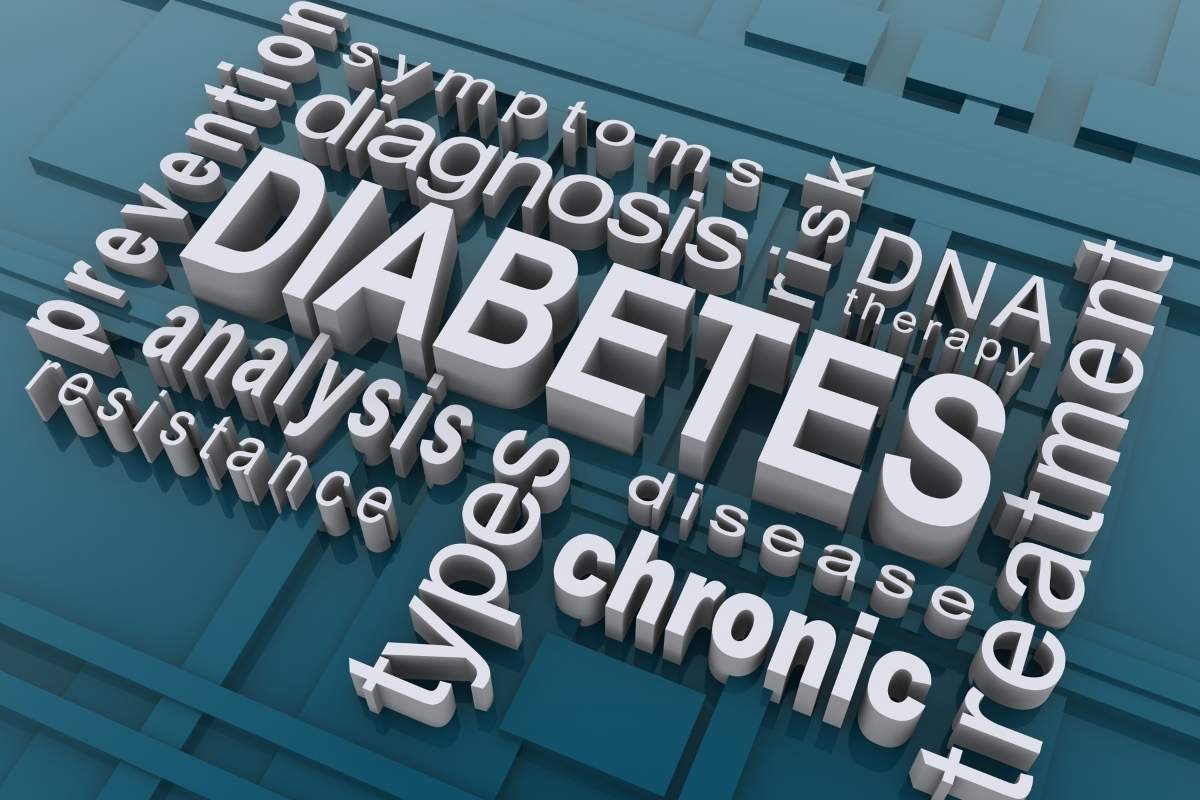Authors: Polonsky, WH., Fisher, L., Hessler, D., Johnson, N.
Abstract
Background: Although the widespread prevalence of diabetes-related distress (DD) in adults with type 1 diabetes (T1D) has been well established, there has been little inquiry into the experiences of their spouse/partners. Therefore the goal of this study was to investigate the prevalence and sources of DD in the spouses and partners of adults with T1D (“T1D partner”) and to examine the associations of DD in this population with key demographic and contextual factors.
Materials and methods: Qualitative interviews with 11 T1D partners led to the development of 44 DD survey items, which were examined by exploratory factor analysis (EFA). Regression models examined associations of the resulting DD scales with four groups of variables: partner demographics and contextual variables, as well as person with diabetes (PWD) demographics, diabetes status, and behavioral factors.
Results: EFA with 317 T1D partners yielded a 22-item scale with four factors: Hypoglycemia Distress, Emotional Distress, Management Distress, and Role Distress. All scales were significantly correlated with the three criterion variables (depression, general life stress, and diabetes-related relationship satisfaction), suggesting satisfactory concurrent validity. High DD was most common for Hypoglycemic Distress (64.4% of the sample) and least common for Management Distress (28.4%). Greater DD was significantly and independently linked with being younger, female, greater involvement in the PWD’s diabetes management, lower levels of relationship satisfaction, less trusting of the PWD’s physician, poorer PWD glycemic control, and more frequent hypoglycemic episodes. T1D partners also reported low levels of diabetes-related support from all sources.
Conclusions: Four sources of partner DD were identified. Results suggest that DD in T1D partners is common, especially distress associated with hypoglycemia. Predictors of T1D partner DD come from multiple sources: demographic, disease-related, and contextual arenas, all pointing to opportunities for acknowledging and addressing DD directly in this population.


